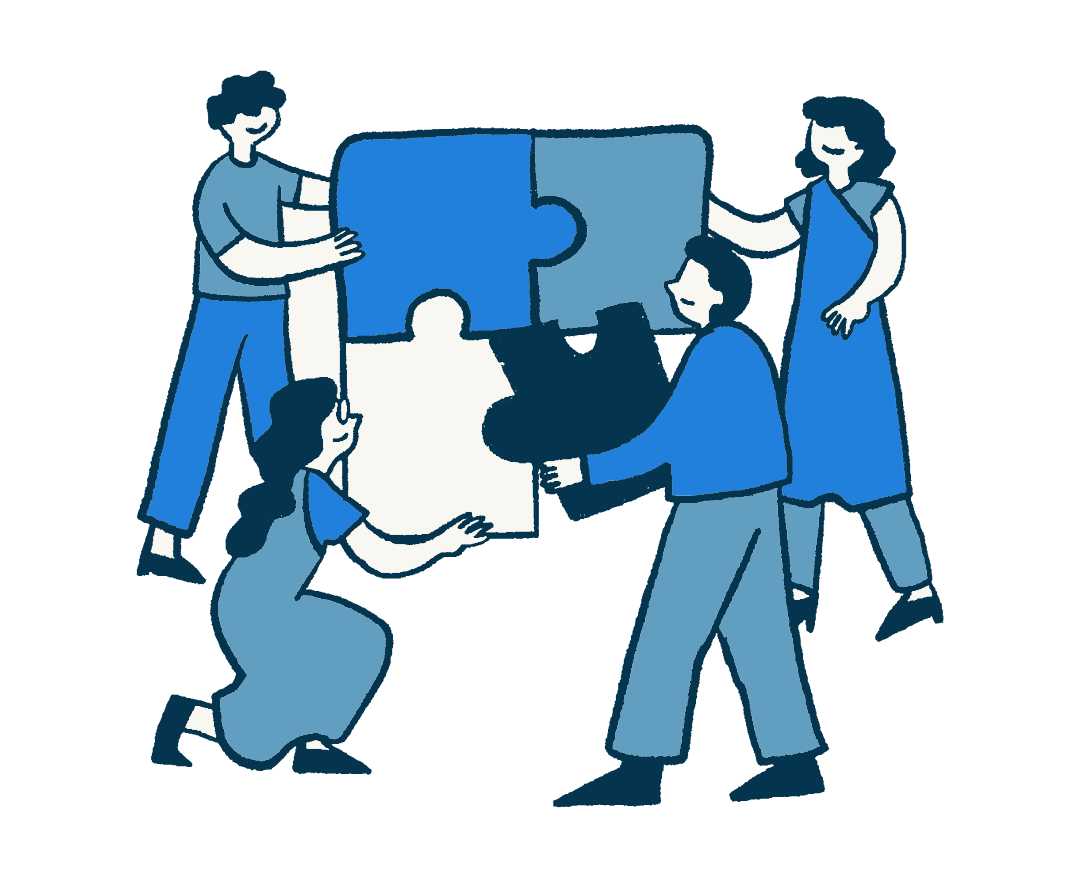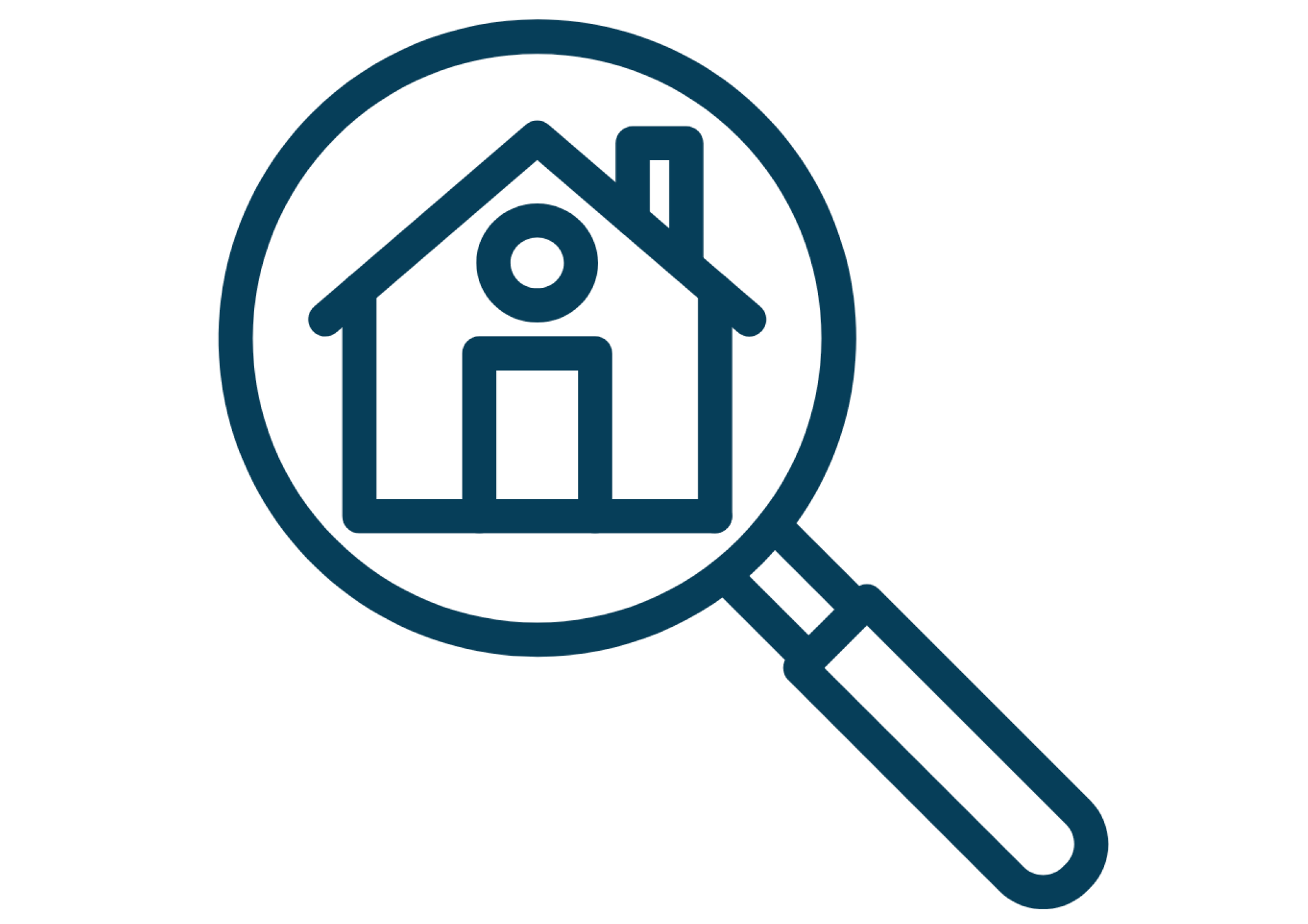Lawyers Clearinghouse Board President Tonysha Taylor says she has always been drawn to diversity, equity, and inclusion (DEI) work. She got her start in the education field, coordinating DEI initiatives and programs for independent schools in Massachusetts for ten years before accepting a position as Director of Diversity, Equity and Inclusion at the Massachusetts Legal Assistance Corporation (MLAC) in 2016.
In her time at MLAC, Tonysha has collaborated on the implementation of updated organizational policies, hiring practices, and programming; coordinated DEI education for leadership, staff, and grantees; and helped MLAC assess funding priorities through an equitable lens. She says this combination of internal, individual-centered work and external, community-centered work is vitally important when serving diverse communities and people with unique identities and experiences.
“If we want to do good work in communities that need the support, we need to be doing all of it; the internal and external work,” she says. “Otherwise, we could be causing harm because we’re not understanding how our layered identities and privileges are playing out and impacting the way people see us.”
In late 2019, Tonysha met former Clearinghouse Executive Director Maribeth Perry at the annual Massachusetts Nonprofit Network (MNN) Conference, where they discussed Tonysha’s work at MLAC and Maribeth’s interest in implementing similar practices at the Clearinghouse. Soon after, Maribeth invited Tonysha to join the board and help guide the Clearinghouse through the creation of a more formal DEI structure.
As a board member, and now Board President, Tonysha has helped oversee the continued diversification of the board, hiring of DEI Coordinator Lex Brown, adoption of new policies, and, most recently, a salary study that she hopes will help foster more equity and transparency in pay for current and future staff.
These changes at the organizational level are only one aspect of the Clearinghouse’s ongoing DEI efforts, which also include annual board and staff DEI retreats, an improved language access plan to better serve clients with limited English proficiency, and more direct outreach to clients and community partners to assess unmet needs and inform future programming.
Tonysha says being president has been a great learning experience and that she has appreciated the wisdom of long-serving members and the close collaboration between staff, the board, and Executive Director Susan Gedrick. She plans to stay on for a second term and will continue to assist with the Clearinghouse’s DEI initiatives, including further policy updates and potential community trainings.
Effective DEI work can greatly strengthen an organization and enhance its ability to serve the community, however it requires not only intention, but also action and a willingness to invest time and resources. Tonysha says the most common obstacle is people who don’t want to invest or who don’t trust the process, which is ongoing and sometimes uncomfortable. You have to push through that discomfort, she says. “That’s when the real work begins.”


